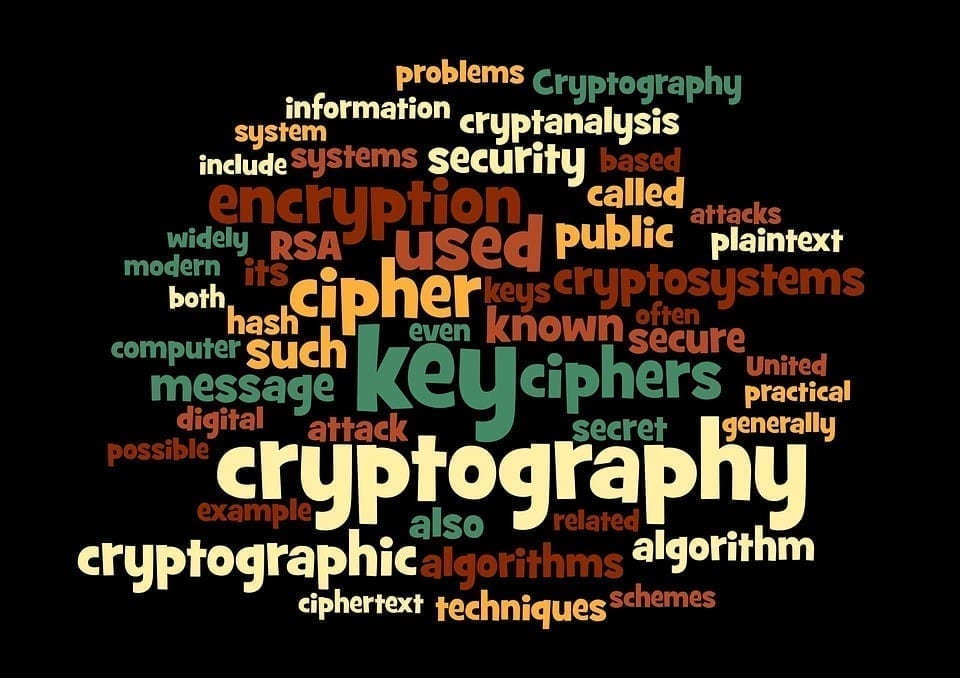
Encrypting Your Website Just Got Easier and Cheaper – and it Helps Your SEO Ranking
Have you noticed that website addresses (URLs) increasingly start with HTTPS instead of HTTP? Or are you like most people who don’t notice (and don’t care) about this unless you are entering financial information to purchase something. The “s” at the end of “http” in the address indicates an encrypted and secure website. The benefit to your website’s visitors is that their information is not visible or accessible to others. The benefit to you is two-fold. First, transferring content from your site to your visitor is better protected, and second, Google views secure sites as intuitively better for visitors than unsecured sites. This is why we’ve been recommending for a while that as part of your SEO program that HTTPS will help your SEO ranking.
Yes, content and backlinks are critical to a top SEO program; encryption is what we view as part of the one-time onsite optimization aspect of an SEO program.
Now back to the geeky stuff: This is also what Apple has been pursuing with end-to-end encryption of your iPhone and WhatsApp.
Without Let’s Encrypt’s layer, a regular HTTP connection can be read by any hacker on the same Wi-Fi network, an internet service provider, or a government agency.
Launched late last year, Let’s Encrypt is already in use on 3.8 million websites switch to HTTPS encryption, taking a significant chunk out of the unprotected data available to those eavesdroppers. Let’s Encrypt is the initiative of the San Francisco-based Internet Security Research Group (ISRG), and it’s making serious headway toward helping tens of millions of unencrypted sites around the world switch from the insecure web standard HTTP to HTTPS. “This makes Let’s Encrypt the third-largest certificate authority in the world now, behind Comodo and Symantec,” says Josh Aas, the founder of the Internet Security Research Group, who officially works for Mozilla but runs Let’s Encrypt for ISRG. “Let’s Encrypt has tried to make it easier for websites to switch from HTTP to HTTPS by flattening one of the biggest hurdles in the process: certificates.”
Let’s Encrypt acts as a certificate authority, similar to organizations like Comodo, Symantec, Godaddy and Globalsign.
The certificate verifies that servers running HTTPS web sites are who they claim to be. (A carefully-secured web connection isn’t much good if you’re sending private data to a spoofed site.) Once verified, these authorities issue those computers a “certificate” they need to make their HTTPS encryption work with your browser. The certificate is designed to be an unforgeable signature that’s cryptographically checked by your browser so that you can be sure your communications are decrypted only by the intended site and not an impostor.
“And that automation is set to get more sophisticated in the coming months,” says Peter Eckersley, a technologist with the Electronic Frontier Foundation, which has helped to create and maintain the Let’s Encrypt certification software.
To learn more about encrypting your website for security and SEO reasons, we encourage you to contact NicheLabs by calling us at 888-978-9254, or sending us an email using our website contact form. Because we love talking about online marketing and website performance.
